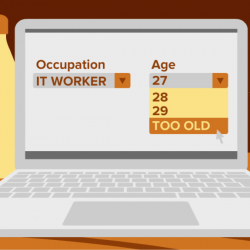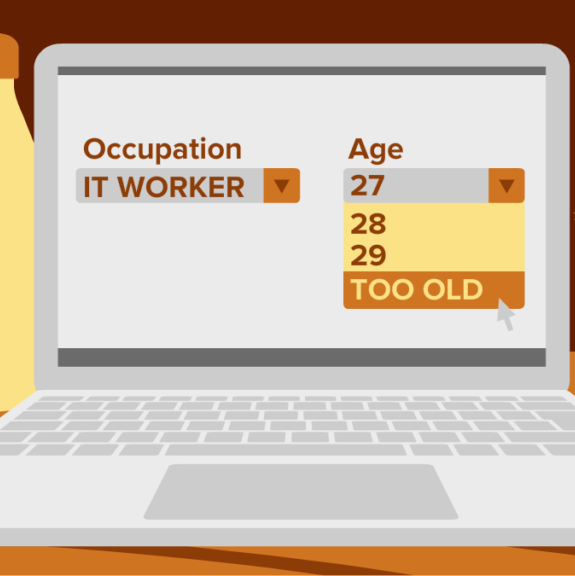December 6, 2019
Age discrimination now begins for tech workers at 29
 A new study from tech recruiter CWJobs claims to identify what it calls the ‘staggering level’ of ageism that IT and tech workers face at work. From seemingly innocuous comments to being overlooked for promotion in favour of younger colleagues, a worrying number of the UK’s tech-sector employees are facing daily hurdles to prove they’re not yet a career ‘dinosaur’. Well over a third (41 percent) of IT and tech-sector workers said they have observed age discrimination in the workplace, compared to 27 percent average across other UK industries. It’s no surprise then that 61 percent of workers in the sector answered ‘yes’ when asked if, in the tech industry employees experience prejudice when considered to be older, the highest of any UK sector. (more…)
A new study from tech recruiter CWJobs claims to identify what it calls the ‘staggering level’ of ageism that IT and tech workers face at work. From seemingly innocuous comments to being overlooked for promotion in favour of younger colleagues, a worrying number of the UK’s tech-sector employees are facing daily hurdles to prove they’re not yet a career ‘dinosaur’. Well over a third (41 percent) of IT and tech-sector workers said they have observed age discrimination in the workplace, compared to 27 percent average across other UK industries. It’s no surprise then that 61 percent of workers in the sector answered ‘yes’ when asked if, in the tech industry employees experience prejudice when considered to be older, the highest of any UK sector. (more…)



































November 29, 2019
For the love of workplace art, where have all the walls gone?
by Chloe Adams • Comment, Wellbeing, Workplace design
(more…)